Asking questions is a natural part of any conversation, whether it's social or business. What shampoo do you use? Have you met the new manager? When's the meeting? etc. However, it really is surprising to see students at ALL LEVELS continuing to make mistakes in this area. So, let's just look at a few rules.
IN GENERAL, a question starts with a question word (when we want information) or an auxilliary verb (when we want confirmation, i.e. yes or no).
QUESTION WORDS - WHAT, WHERE, WHEN, WHO, WHICH, WHY, WHOSE, HOW.
Very often, these question words are accompanied by other words that complete the information we require. For example: WHAT COLOUR, HOW MUCH, HOW MANY, WHICH ONE, HOW OFTEN, WHOSE CAR,ETC..
AUXILLIARY VERBS - AM, IS, ARE, WAS, WERE, HAVE, HAS, HAD, DO, DOES, DID, plus the MODALS: CAN, COULD, MAY, MIGHT, WILL, WOULD, SHALL, SHOULD, MUST, (and a few more complicated verbs, like ought to and need, which can act as auxilliary verbs). Here are some examples: ARE YOU....? IS THE NEW MANAGER...? CAN WE GO...? DID THE MEETING...? MUST WE...?
The BASIC order of a question is as follows:
For questions requesting information -
QUESTION WORD (INCLUDING ANY ADDITIONAL INFORMATION REQUIRED) - AUXILLIARY VERB - SUBJECT - MAIN VERB - COMPLEMENT.
EXAMPLES: Why do you work there? Where did you put the document? How much does it cost?
For questions requesting confirmation - AUXILLIARY VERB - SUBJECT - MAIN VERB - COMPLEMENT.
EXAMPLES: Do you work here? Did you put the document in the desk? Does it cost much?
NOTICE THAT when you use do, does and did, or any of the modal verbs (can, could, etc.) the main verb is in the infinitive) MORE ON THIS IN MY NEXT ARTICLE.
EXCEPTIONS 1:
The verb "To be" is a curious verb. It can work alone, as the only verb in a sentence, AND it can work as an auxiliary verb, accompanying other verbs.
EXAMPLES:Are you a doctor? Where is the car? (You will notice that no verb is placed after the subjects "you" and "the car", and the verbs "are" and "is" go where auxilliary verbs usually go, i.e before the subject.)
Are you drinking beer? What are you drinking? (Here, the order is the usual one because there is an additional verb - "drinking")
EXCEPTIONS 2:
WHO and other question words, when they request information about the subject. Who wants an ice-cream? Which one is mine?
This is a little more complicated, so I will deal with it separately in my next article.
As with all other aspects of the language, the more you practise the better your English will become. GOOD LUCK and GOOD PRACTICE!
USEFUL LINKS FOR QUESTIONS:
http://www.curso-ingles.com/gramatica-inglesa/question.php
http://www.curso-ingles.com/ejercicios-ingles/questions.php
http://www.mailxmail.com/curso/idiomas/verbosingles/capitulo7.htm
http://a4esl.org/q/f/z/zz87mca.htm
http://www.englishclub.com/grammar/verbs-questions_structure.htm
http://www.spotlight-online.de/CoCoCMS/generator/viewDocument.php?doc=2972&archive=1 http://www.learnenglish.de/grammar/questiontext.htm
http://www.english4today.com/englishgrammar/grammarfaq/
THIS LAST ONE DEALS WITH FREQUENTLY ASKED QUESTIONS ABOUT ENGLISH.
AND HERE'S A SONG - "THE MOODY BLUES" ASKING A VERY IMPORTANT QUESTION:
Video. http://www.youtube.com/watch?v=YrPGV452X6s&feature=related
Lyrics: http://www.allspirit.co.uk/question.html
Subscribe to:
Post Comments (Atom)
























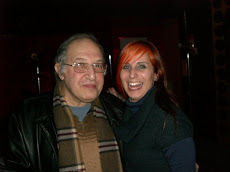

















%5B1%5D.jpg)






































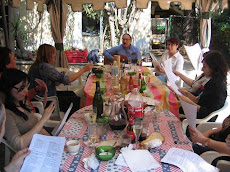





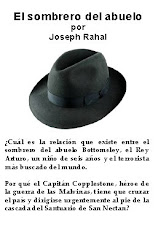




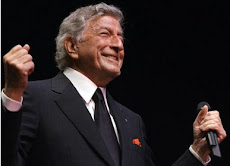
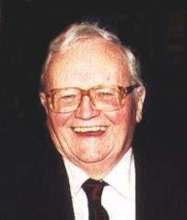
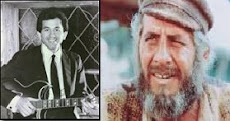




1 comment:
What's up to all, it's genuinely a fastidious for
me to pay a quick visit this web site, it consists of important Information.
Feel free to visit my webpage - michael kors mens watches
Post a Comment